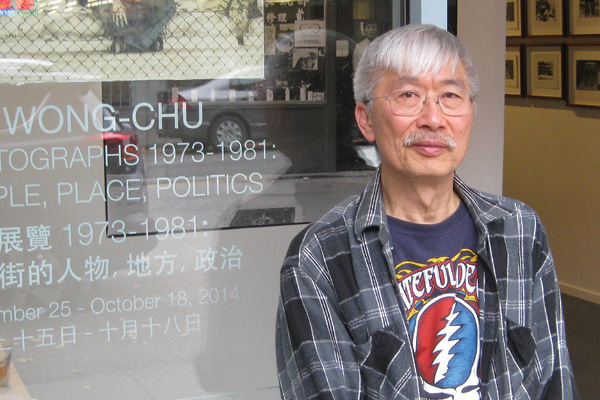When I re-read Steinbeck’s Grapes of Wrath in my thirties, I found his writing so moving I nearly gave up all hope of being a writer. The descriptions and images in just the first few pages made the hairs on the back of my neck stand on end. They were so vivid I could see, feel and smell the land. I could never produce anything so profound. When I read James Joyce’s Portrait of an Artist or even the reputedly unreadable Ulysses, I found incredible moments of beauty. So too in Faulkner and Mishima, I sat in awe of the imagery, sweep and narrative arc in their novels. I especially was stunned by Mishima’s symbolic vehicles. The beauty mark scattered throughout his tetralogy, the Sea of Fertility, linked the four novels effectively.
These days, I find inspiration in the novels of Haruki Murakami. Dr. Ted Goossen, professor of Modern and Contemporary Japanese Literature at York University, introduced me to the works of Murakami through a seminar I attended years ago. In the novels and short stories, Japan comes across as something relatable, foreign and surreal all at the same time. On the one hand, the music of the Beach Boys, the Beatles, Miles Davis and so many other western artists swirls in and out of the scenes. On the other, his characters have unusual features and habits: disappearing women (who never return), a man who hides in a deep well, women who are prodigious eaters, women with unusual beauty attributes (exquisite ears, hands and other features), Colonel Sanders (the fried chicken king), a professional hit woman, and of course the Sheep Man himself. There are underworld beings, a mythical sheep, an invisible woman, a room full of skeletons, and a hotel elevator that sometimes stops at a strange unknown floor, pitch black and with mysterious rooms. All intrigue and keep me reading.
To be sure, Murakami’s books are rooted in the reality of Japan. We recently spent our vacation in Ikejiri-Ohashi, a district of Tokyo – the exact location of Murakami’s novel 1Q84, its title a Japanese play-on-words for 1984. Below and within the shadows of a freeway, the neighbourhood is filled with izakaya, cheap eateries, small temples and unusual shops – like it was a parallel world. We found the exact staircase that led the female protagonist into yet another parallel world. I loved shopping for groceries at Ox supermarket. We even found a hidden pathway with gardens that wound through the backstreets of Tokyo and offered an escape from the hurly-burly of the city. In short, I felt like I was in a Murakami novel.
Every release of a new book is an event for me. If I can’t be in Japan, I can at least occupy it through Murakami’s extremely creative mind. And so it was heartening to discover The Strange Library, a novella published in 2008, filled out with gorgeous illustrations and translated by none other than Ted Goossen. The book design is awkward with flaps above and below making it difficult to read in bed, but it is a nice addition to my collection of his work. In some ways, the novel closed the circle completely.
The story has all the hallmarks of a Murakami piece: a mysterious library with Room 107 (a near echo of 1984’s Room 101) at its heart, a transparent woman who slips into the room bringing copious amounts of delicious food, a balding and cruel librarian and the mysterious Sheep Man of course, a man in a sheep costume central to all Murakami fiction even if he doesn’t appear. The protagonist, a school boy, is led through a labyrinth of halls to another small room (another world) where he is kept prisoner and is forced to read and memorize three texts on tax collection in the Ottoman Empire. Though he is promised freedom, the Sheep Man informs him that at the end of his task, the librarian will lop off his head and eat his brains. The boy doesn’t want to suffer that fate of course, but his biggest concern seems to be for his mother worrying about him. A strange library for sure.
Murakami’s Strange Library then is a masterful work that neatly fits his oeuvre and challenges the reader with supernatural elements, alienated characters and Kafkaesque themes. I was reminded of my first reading of the author: transfixed, impressed and filled with awe.
Haruki Murakami is a recognized world literary figure and has been awarded accordingly. He is rumoured to have been nominated more than a few times for the Nobel Prize in Literature (nominees are never revealed). In May, the Japanese Canadian Cultural Centre in Toronto invited him to speak at its annual fundraising banquet. I’m sure I would have enjoyed what the man had to say but at $500 for individual tickets ($5000 for a table), I’m sure only the One-Percent and the corporate Captains of Industry were able to attend. I suppose I could have sneaked into an isolated room in the Centre and listened but then again I might have ended up in a strange alternate universe, dark and mysterious with only a Sheep Man for company.



